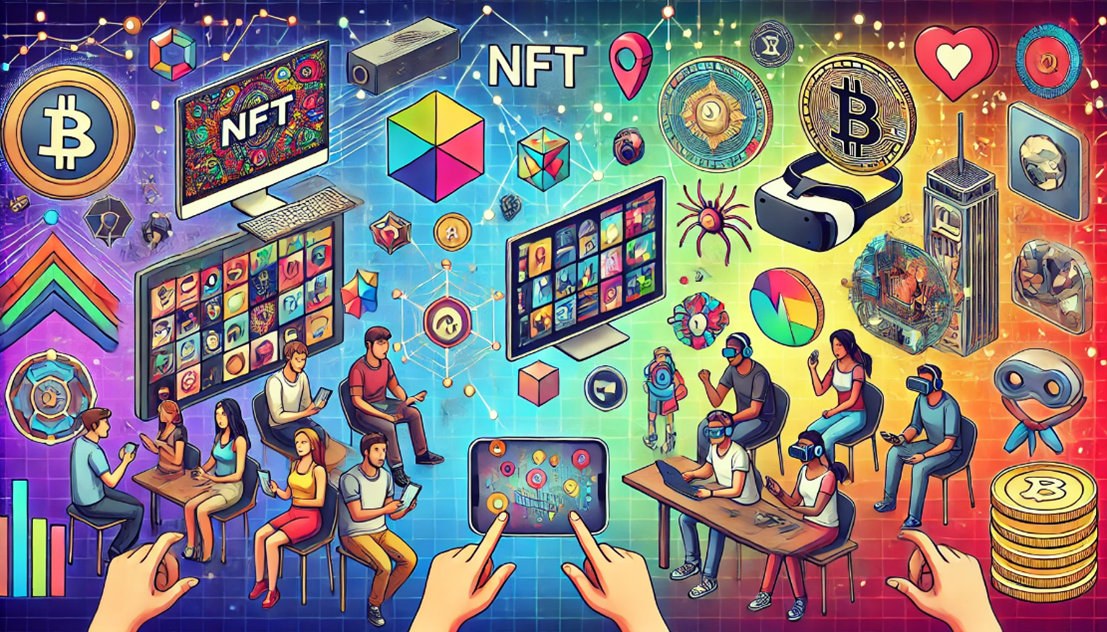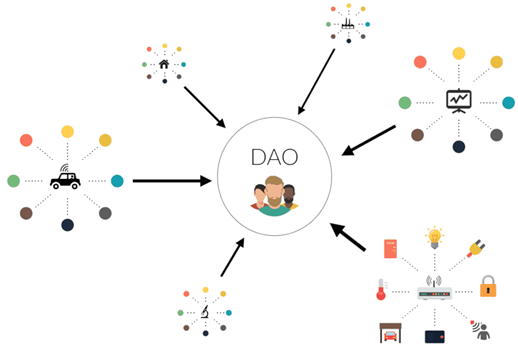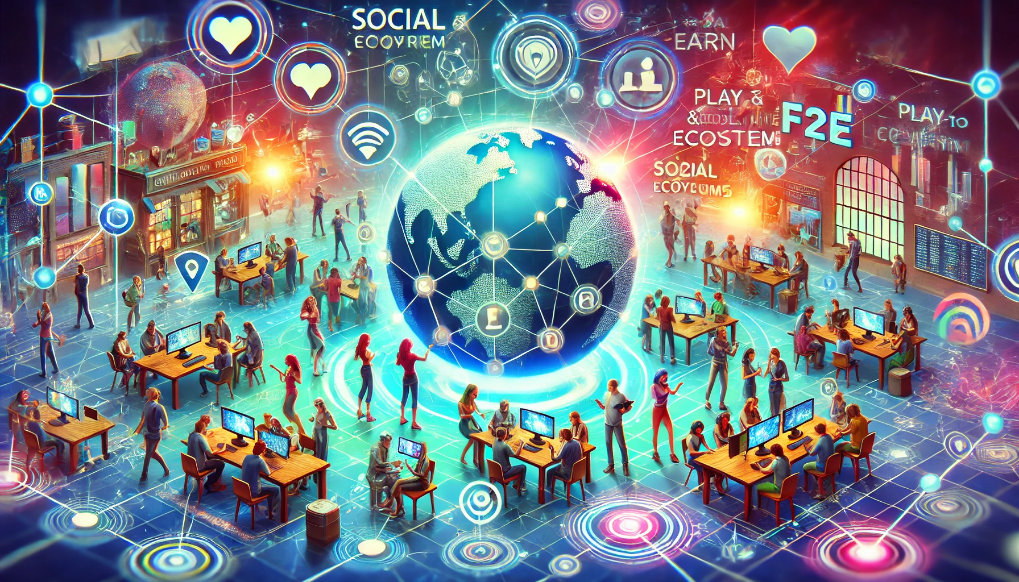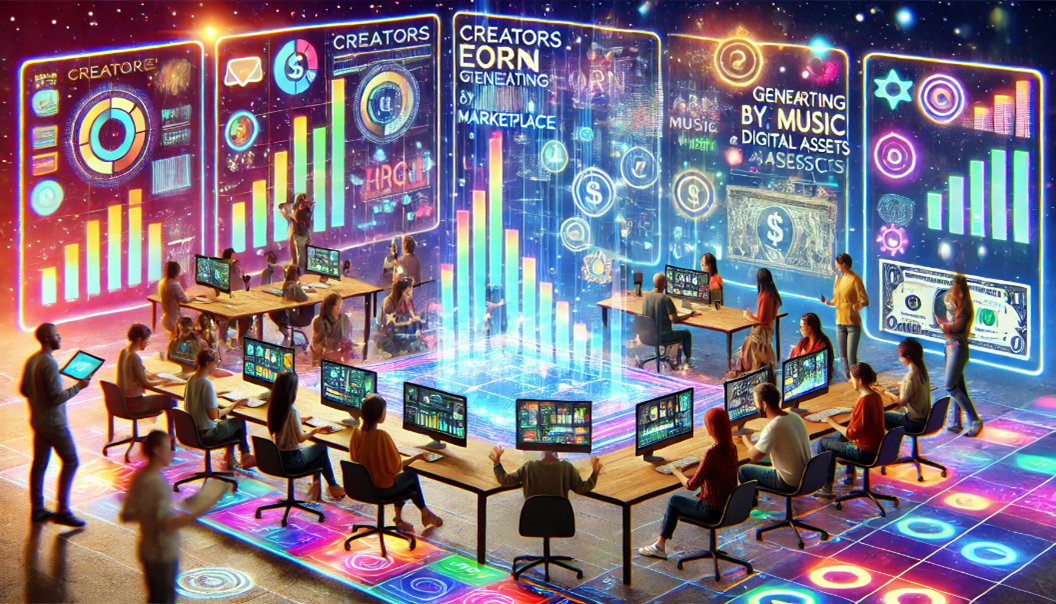Legal risks for players and developers

Legal risks for players and developers
by Maximilian 03:27pm Jan 15, 2025
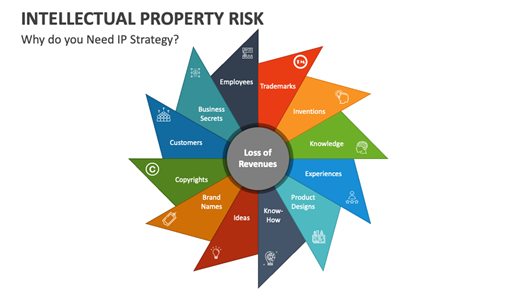
Play-to-Earn (P2E) games, which integrate blockchain technology, cryptocurrencies, and NFTs, bring new opportunities for both players and developers. However, they also introduce several legal risks that both parties must navigate carefully. These risks stem from the intersection of gaming, finance, and digital ownership, and vary across jurisdictions. Below are some of the primary legal risks for both players and developers in the P2E ecosystem.
Legal Risks for Players
1. Taxation Issues
Income Tax on Earnings: Players in P2E games who earn cryptocurrency or NFTs as rewards may be required to report their earnings for tax purposes. In many jurisdictions (e.g., the U.S., UK), in-game rewards are considered taxable income or property. If players fail to report or misreport their earnings, they could face penalties, back taxes, or legal action from tax authorities.
Capital Gains Tax: If players sell in-game tokens or NFTs for fiat money or trade them for other cryptocurrencies, they might be subject to capital gains tax, depending on the value fluctuations. Tracking the value of assets at acquisition and sale is a complex but necessary task to ensure compliance with tax regulations.
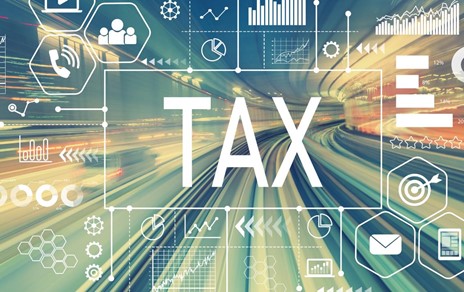
2. Consumer Protection Risks
Misleading or Fraudulent Games: Players face the risk of engaging with games that may be scams or misleading in terms of their potential earnings. This includes "rug pulls" (when game developers abandon the project after raising funds) or "pump-and-dump" schemes (where the value of in-game assets is artificially inflated to encourage selling). Without clear regulations, it can be difficult for players to know if a game is legitimate or if they will lose their investments.
Loss of Digital Assets: Because NFTs and cryptocurrencies used in P2E games are typically not insured or protected in the same way as traditional financial assets, players risk losing their assets due to hacks, system failures, or platform shutdowns. Unlike conventional gaming items, NFTs and cryptocurrencies have real-world value, which heightens the potential impact of these losses.
3. Intellectual Property and Copyright Violations
Ownership Disputes: In some cases, players may unknowingly violate intellectual property rights when using or selling NFTs within games. If a player uses an in-game asset that is a copyrighted work or a trademarked item without permission (for example, creating and selling unauthorized custom skins or assets), they could face legal consequences from the game developer or other rights holders.
Unclear Ownership of NFTs: Players might also face legal confusion regarding the true ownership of NFTs or in-game assets. In some cases, the game’s terms of service may limit or claim ownership of assets that players believe they own. Disputes can arise about the ability to resell or transfer NFTs outside the platform.
4. Gambling Regulation Risks
Gambling Laws: Certain P2E games may involve betting or staking real money or digital assets to win rewards, which could be seen as a form of gambling. In some jurisdictions, players could unknowingly violate local gambling laws if the game is deemed to operate similarly to a gambling platform. Players who engage in games that offer winnings tied to chance may face legal challenges depending on their jurisdiction's laws.
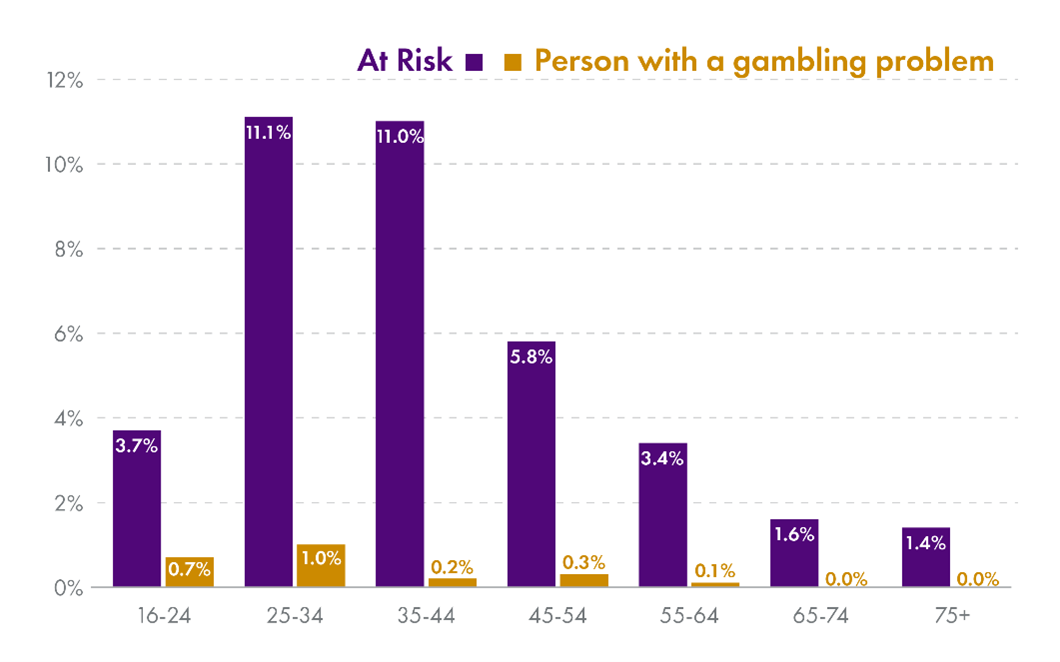
Legal Risks for Developers
1. Securities Regulations
Classifying Tokens as Securities: Developers of P2E games that issue tokens or NFTs face the risk that regulators (e.g., the U.S. Securities and Exchange Commission (SEC)) might classify these assets as securities. If in-game tokens are deemed to meet the criteria of a security under the Howey Test, developers would be required to comply with securities regulations, including registration, reporting, and disclosure obligations. This could lead to increased costs, legal compliance burdens, or even sanctions.
Ongoing Legal Scrutiny: Developers may face ongoing scrutiny from regulators, especially if the game becomes highly popular and large sums of money are exchanged or invested in the game ecosystem. Regulators may focus on whether players are primarily buying tokens with an expectation of profit, which could trigger securities laws.
2. Intellectual Property (IP) Risks
IP Infringement Claims: Developers who use third-party assets (such as artwork, music, or characters) without permission may be exposed to copyright or trademark infringement claims. Similarly, P2E game developers could face legal risks if their game incorporates copyrighted elements without securing proper licenses.
NFT Ownership Issues: Developers may also face IP challenges related to NFTs. For example, if players can mint their own NFTs based on in-game assets, there may be disputes about the ownership of these NFTs or the rights to resell them. Developers must clearly define the intellectual property rights associated with NFTs in their terms of service to avoid ambiguity.

3. Anti-Money Laundering (AML) and Know Your Customer (KYC) Compliance
AML/KYC Obligations: Many jurisdictions require platforms that facilitate cryptocurrency transactions to implement AML and KYC procedures. P2E developers who allow players to cash out their earnings or trade in-game assets for cryptocurrencies may need to adopt these compliance measures. Failure to do so could result in penalties, fines, or even criminal charges. The lack of clear global regulations complicates this issue, as developers must navigate a patchwork of rules that differ by country.
Money Laundering Risks: Developers may be at risk of being used as intermediaries for illicit financial activities. If players use the game to launder money through buying and selling NFTs or cryptocurrencies, developers could face legal consequences if they do not take adequate measures to detect and prevent such activities.
4. Consumer Protection and Fraud Risks
Deceptive Practices: Developers may be held accountable for misleading players about the potential rewards in P2E games or failing to disclose the risks involved (e.g., the volatility of in-game tokens). Consumer protection laws could come into play if players feel they were misled about the value of their digital assets or the sustainability of the game's economic model.
Rug Pulls and Scams: Developers can face legal liability if they are found to have abandoned a game or manipulated the value of in-game assets for personal gain. This could result in lawsuits from players who feel they were defrauded or from regulators investigating deceptive practices.
Conclusion
Both players and developers in the P2E gaming ecosystem face a range of legal risks that are complex and often vary depending on jurisdiction. Players must be cautious about tax reporting, consumer protection, privacy, and ownership rights. Developers, on the other hand, must navigate securities regulations, intellectual property issues, AML/KYC compliance, and consumer protection laws. Given the evolving nature of P2E games and blockchain technologies, legal clarity and proactive compliance are critical for both parties to mitigate these risks.



